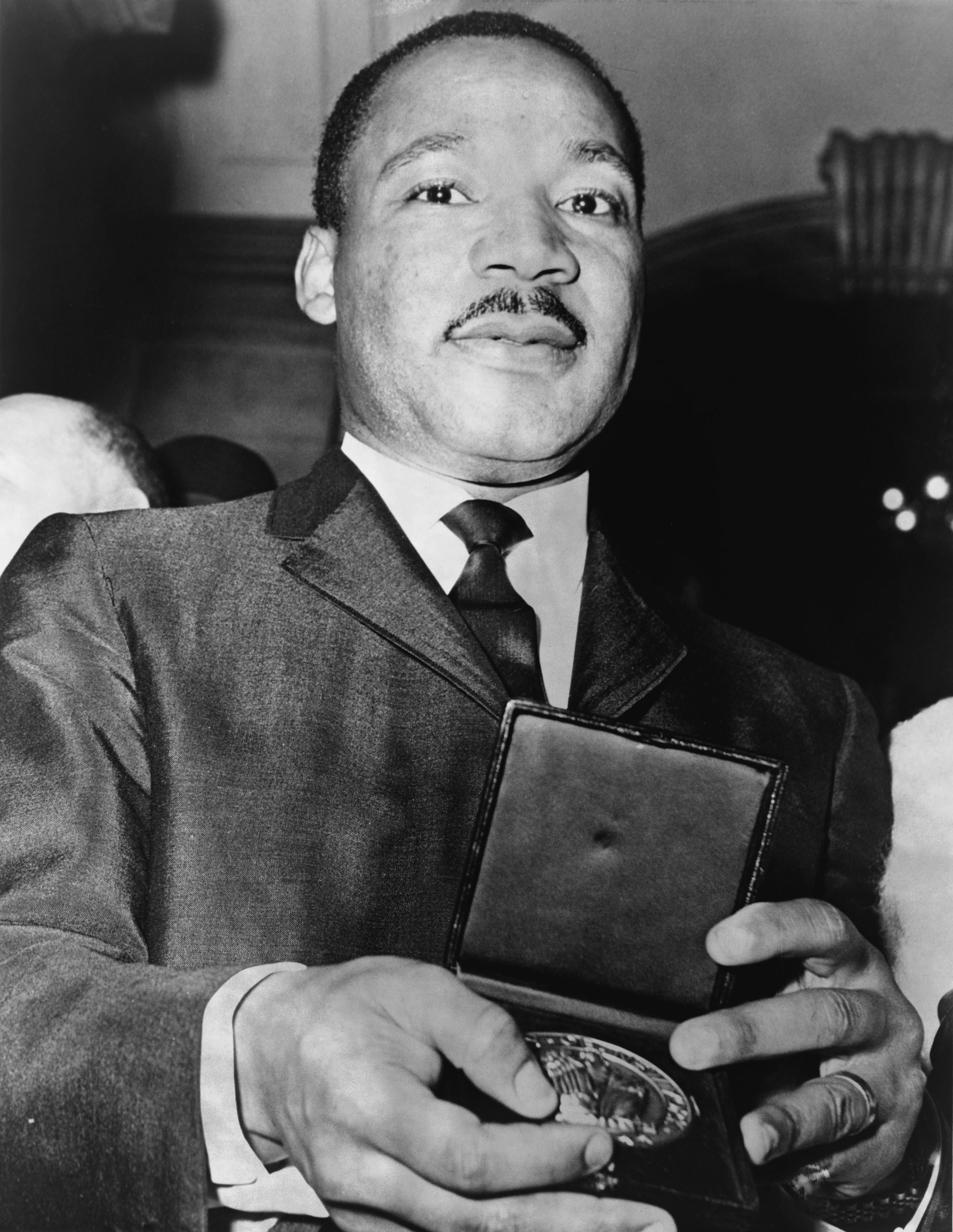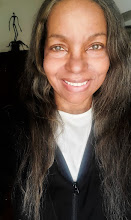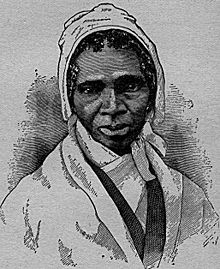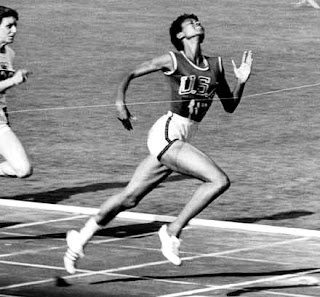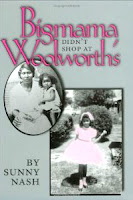Dr. Martin Luther King, Jr.
 |
Martin Luther King, Jr.
Boston University
1959 (BU Photo Services)
|
Exceptional performance was the prize for Martin Luther King--education, credentials and awards--that demonstrate preparation for leadership of the Civil Rights Movement.
We might as well face it. Most of us are not prepared for the type of leadership it takes to change the world. There seems to be a growing attitude of automatic acceptance of personal ordinariness today, complacence, "Oh, whatever." And people, including children, seem to be growing up willing to accept the notion of "mediocre" as normal, worthy of a trophy for simply signing up for the team--no field time and certainly no outstanding play, which is not just a sports theory. This applies to all areas of once-competitive activity.
However, unsubstantiated accomplishments of unworthily-trophied team members can be smashed in a second when faced with the dedication of real performance and competition; for instance, a Spelling Bee smack down! Unfortunately, many students avoid participation if they are required to participate in strenuous preparation.
Unearned trophies promote the feeling that doing better makes no more difference than doing worse. Why try harder, when there will be a trophy at the end for simply putting on the uniform or signing on the dotted line. So what if no effort goes into it? Could that be a cause of personal low expectations? At the end of the game, only the player really knows if he or she played his or her best game--the moment of realization.
However, unsubstantiated accomplishments of unworthily-trophied team members can be smashed in a second when faced with the dedication of real performance and competition; for instance, a Spelling Bee smack down! Unfortunately, many students avoid participation if they are required to participate in strenuous preparation.
"Oh, well, whatever." Give 'em a trophy anyway for signing up.
Unearned trophies promote the feeling that doing better makes no more difference than doing worse. Why try harder, when there will be a trophy at the end for simply putting on the uniform or signing on the dotted line. So what if no effort goes into it? Could that be a cause of personal low expectations? At the end of the game, only the player really knows if he or she played his or her best game--the moment of realization.
- Do people know if they played their best game?
- If they know they did not play their best game, what is their attitude?
- Do they pretend they did their best?
- Knowing they didn't do their best, do they make a plan to improve?
- Or do they dismiss the whole thing with, Oh, whatever."
 |
| Lyndon Johnson & Martin Luther King |
"There comes a time when one must take a position that is neither safe, nor politic, nor popular, but he must do it because Conscience tells him it is right." MLK
Early in his education, King skipped both ninth and twelfth grades, tested his way out of high school at age 15 before graduation. He entered Morehouse College, where he earned Bachelor's degree in sociology. He received a Bachelor of Divinity from Cozier College, while also studying at the University of Pennsylvania. In 1955, three months before Rosa Parks sparked the Montgomery Bus Boycott and hurled King into national prominence, he received his Doctorate of Philosophy in Systematic Theology from Boston University.
Preparation takes hard work.
Honorary Degrees from U.S. and international colleges and universities. During his lifetime and posthumously, Dr. King also was awarded:
1957 - Doctor of Humane Letters, Morehouse College; Doctor of Laws, Howard University; Doctor of Divinity, Chicago Theological Seminary
1958 - Doctor of Laws, Morgan State College; Doctor of Humanities, Central State College
1959 - Doctor of Divinity, Boston University
1961 - Doctor of Laws, Lincoln University; Doctor of Laws, University of Bridgeport
1962 - Doctor of Civil Laws, Bard College
1963 - Doctor of Letters, Keuka College
1964 - Doctor of Divinity, Wesleyan College; Doctor of Laws, Jewish Theological Seminary; Doctor of Laws, Yale University; Doctor of Divinity, Springfield College
1965 - Doctor of Laws, Hofstra University; Doctor of Human Letters, Oberlin College; Doctor of Social Science, Amsterdam Free University; Doctor of Divinity, St. Peter's College
1967 - Doctor of Civil Law, University of New Castle Upon Tyne; Doctor of Laws, Grinnell College, Grinnell, Iowa
At age 35, Dr. King was the youngest man in history to receive the Nobel Peace Prize. The second American after Theodore Roosevelt, Dr. King is also the second African American in history to be awarded the Nobel Peace Prize. The first African American to win the Nobel Peace Prize was Ralph Bunche in 1950 and the third black recipient of the Nobel Peace Prize is President Barack Obama.
Scholarly and Leadership Awards received below and others listed in the Archives of the Martin Luther King, Center for Nonviolent Social Change, Inc. in Atlanta, Georgia.
|
Oslo, Norway
|
Scholarly and Leadership Awards received below and others listed in the Archives of the Martin Luther King, Center for Nonviolent Social Change, Inc. in Atlanta, Georgia.
1957 - Among Time’s most outstanding personalities
1957 - Who's Who in America
1957 - NAACP Spingarn Medal Recipient
1957 - National Newspaper Publishers’ Russwurm Award
1958.- Guardian Association of the Police Department of New York, Second Annual Achievement Award
1959 - Among New Delhi, India, Link Magazine’s sixteen world leaders who contributed most to the advancement of freedom
1963 - Time Man of the Year
1963 - Laundry, Dry Cleaning, and Die Workers International Union’s American of the Decade
1964 - United Federation of Teachers’ John Dewey Award
1964 - Catholic Interracial Council of Chicago John F. Kennedy Award
1964 - Nobel Peace Prize
1968 - Jamaican Government Marcus Garvey Prize for Human Rights (posthumously)
1968 - Southern Christian Leadership Conference Rosa Parks Award (posthumously)
Leadership is more than standing in front of a crowd and giving a speech. Leadership means teaching by example.
 |
| MLK Arrested in Montgomery, Alabama, 1958 |
We might as well face it. Most of us are not prepared for the type of leadership it takes to change the world. And we will never deliver an I Have a Dream Speech. But we can prepare ourselves and our children to do better than our parents, grandparents and other ancestors were able to do with Jim Crow on their backs.
After all, didn't Dr. King expect us to do just that?
If not, what was it all for?
-30-
